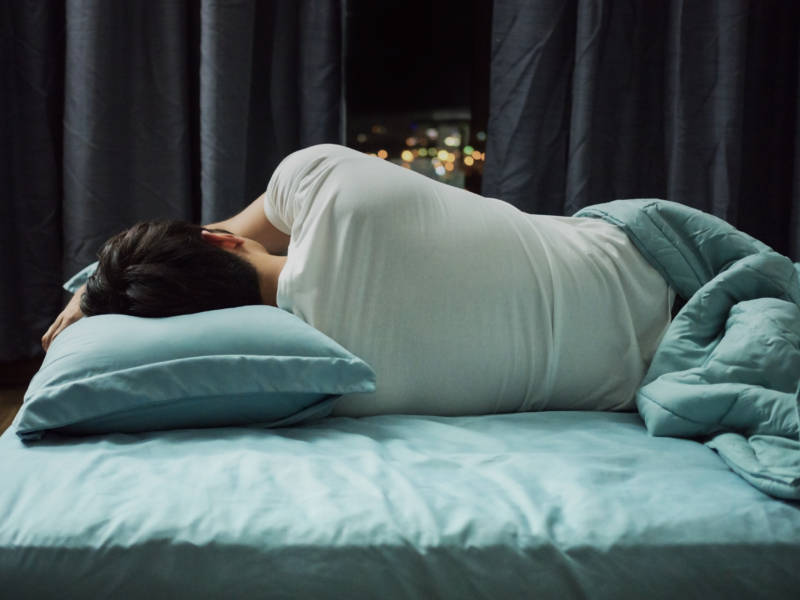In the early morning hours of Sunday, March 10, clocks will spring forward, as the popular reminder goes, from 1:59 a.m. to 3:00 a.m. There will be no 2 a.m. It will be as if it has evaporated. This means that, if your day runs on a schedule, you’ll lose an hour of sleep.
Daylight saving time is here.
While many people enjoy the extra light in the evenings that comes with “springing forward,” the switch comes with some pretty clear side effects.
A number of medical studies indicate the collective loss of sleep leads to increased heart attacks and stroke. And one study estimated as many as 17 percent more accidents nationwide.
How can one little lost hour cause so much havoc? The answer lies in our cells.
Benjamin Smarr is a UC Berkeley researcher who studies the watime dictates changes in our brains and our behavior.
“We have circadian clocks in every cell in our body. Every organ in our body is made up of cells trying to keep time,” Smarr said.
When our timing is out of whack — from missed sleep, an altered schedule, or jet lag — it misaligns biologically coordinated processes like attention and perception, digestion, emotions and even blood pressure.
One system falling apart looks scary, says Smarr. But when multiple and contrary functions are competing with each other — “it’s time to sleep,” “no it’s time to digest,” “no it’s time to be active,” — it’s the recipe for a physiological nightmare.
To add insult to sometimes literal injury, there are scant, if any, energy savings now associated with daylight saving time. (Though there did used to be when DST was first popularized during World War I.)
For these and other reasons, many states, including California, Oregon and Washington, are considering doing away with twice-yearly time changes. Already Puerto Rico, Arizona and Hawaii keep their clocks steady.
Last November California voters chose to ask the Legislature to consider enacting year-round DST, subject to federal approval. A bill, introduced by South and East Bay Democrat Kansen Chu, is now in committee in the assembly awaiting a hearing, possibly as soon as this month.

